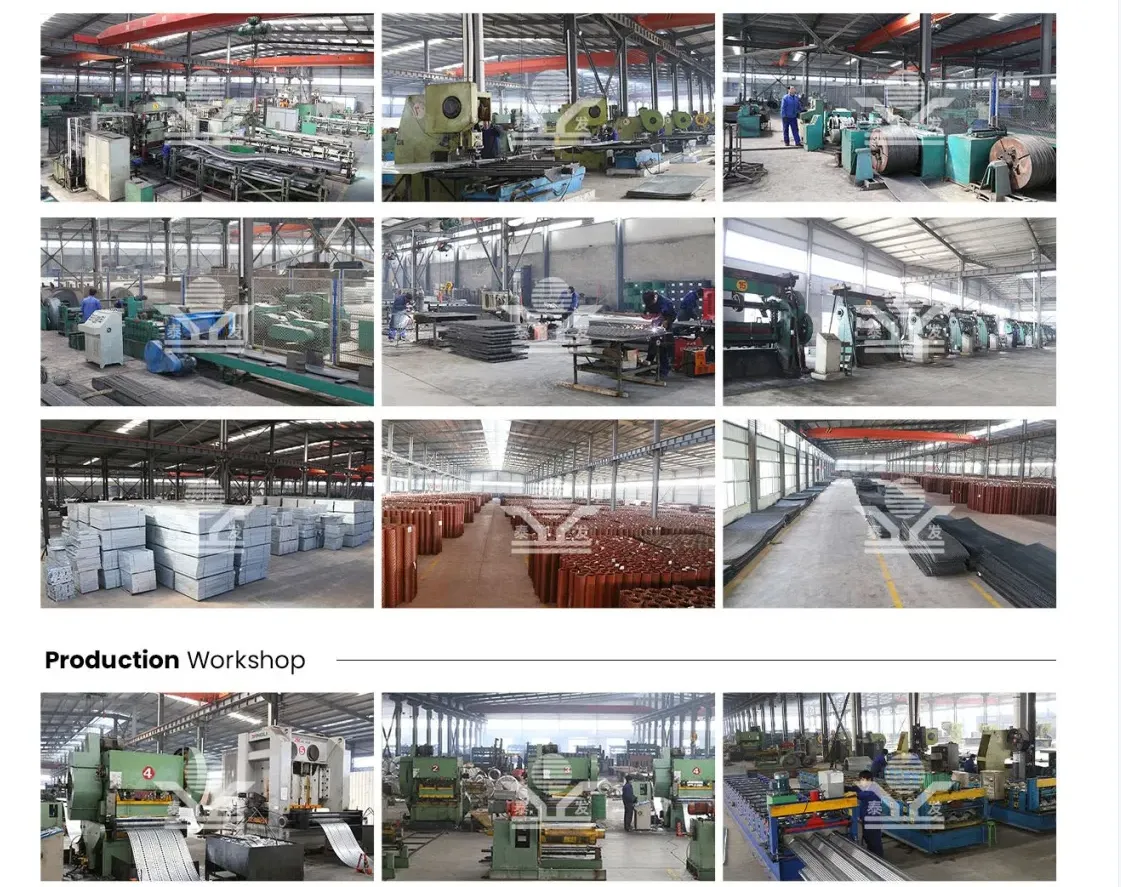Understanding Heavy Gauge Wire Fencing A Comprehensive Guide
When it comes to securing properties, defining boundaries, or containing livestock, heavy gauge wire fencing has emerged as a robust and reliable option. This type of fencing is characterized by its thicker wire strands, which offer increased strength and durability compared to standard fencing materials. In this article, we will explore the various aspects of heavy gauge wire fencing, including its advantages, applications, and installation considerations.
What is Heavy Gauge Wire Fencing?
Heavy gauge wire fencing is made from thicker wire, typically ranging from 12 to 6 gauge, depending on the specific needs and applications. The lower the gauge number, the thicker the wire. This thickness allows heavy gauge wire fencing to withstand harsh weather conditions, resist bending or breaking under pressure, and provide enhanced security.
Advantages of Heavy Gauge Wire Fencing
1. Durability One of the standout features of heavy gauge wire fencing is its durability. The thicker wires are less likely to be damaged by external factors such as wind, animals, or even attempted tampering. This makes it an excellent long-term investment for property owners.
2. Security For those looking to secure their perimeter, heavy gauge wire fencing offers a formidable barrier. It is difficult for intruders to cut through or climb, making it a preferred choice for commercial properties, agricultural land, and residential estates.
3. Versatility Heavy gauge wire fencing can be used in various applications, from agricultural use in livestock enclosures to residential fencing for dogs and property boundaries. It can also be adapted for different terrains and climates, making it a highly flexible option.
4. Low Maintenance Compared to wood fencing, which requires regular staining or painting, heavy gauge wire fencing requires minimal upkeep. It’s resistant to rot and pests, ensuring that it remains functional and aesthetically pleasing for many years.
5. Cost-Effective While the initial investment may be higher than some standard fencing options, the longevity and durability of heavy gauge wire fencing often lead to lower overall costs. Fewer repairs and replacements can translate into significant savings over time.
Applications of Heavy Gauge Wire Fencing
heavy gauge wire fence

1. Agriculture Farmers commonly use heavy gauge wire fencing to contain livestock and protect crops from wildlife. It effectively keeps animals in designated areas and prevents predators from posing threats to livestock.
2. Commercial Properties Businesses utilize heavy gauge wire fencing for security purposes, ensuring that their premises are protected from theft and vandalism. This type of fencing can create a secure perimeter that helps deter unauthorized access.
3. Residential Use Homeowners may choose heavy gauge wire fencing for added security and to delineate property lines. It can also be an attractive option when paired with landscaping, providing both aesthetics and functionality.
4. Industrial Sites Heavy gauge wire fencing is often employed in industrial areas to secure equipment and facilities. Its strength and resistance to tampering make it ideal for safeguarding valuable assets.
Installation Considerations
Installing heavy gauge wire fencing requires careful planning and execution. Here are some key considerations
- Proper Material Selection Choose the right gauge based on the specific application. Heavier gauges are more suitable for high-security areas, while lighter gauges may suffice for low-risk applications.
- Quality Posts The strength of the fence is only as good as the support it receives. Use robust and durable posts, such as treated wood or galvanized metal, to ensure structural integrity.
- Installation Depth Depending on local regulations and soil conditions, ensure that fence posts are set deep enough to withstand environmental forces. Typically, posts should be buried at least one-third of their length.
- Tensioning Proper tensioning of the wire is crucial. Too loose will cause sagging, while too tight may lead to breakage. It’s important to strike a balance for optimal performance.
In conclusion, heavy gauge wire fencing is a practical choice for those seeking durability, security, and low maintenance. Its versatility ensures it can accommodate various needs, making it a favored option across agricultural, commercial, and residential settings. When properly installed, heavy gauge wire fencing can provide years of reliable service, protecting assets and enhancing the safety of any property.
-
Why Galvanized Trench Cover Steel Grating Resists Corrosion
NewsJul.10,2025
-
The Versatility and Strength of Stainless Expanded Metal Mesh
NewsJul.10,2025
-
Load Calculations in Steel Grating Platforms
NewsJul.10,2025
-
Keeping Pets and Kids Safe with Chicken Wire Deck Railing
NewsJul.10,2025
-
Hole Diameter and Pitch for Round Perforated Metal Sheets
NewsJul.10,2025
-
Aluminium Diamond Mesh in Modern Architecture
NewsJul.10,2025
Subscribe now!
Stay up to date with the latest on Fry Steeland industry news.

